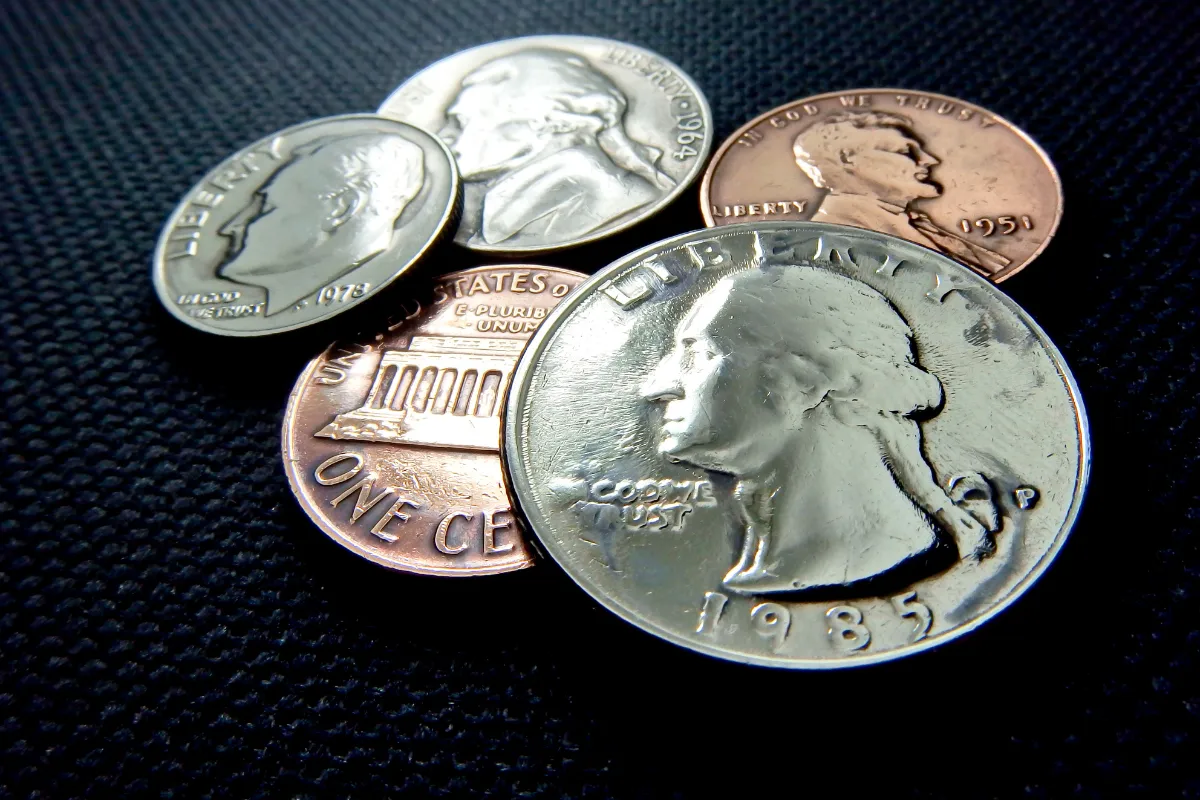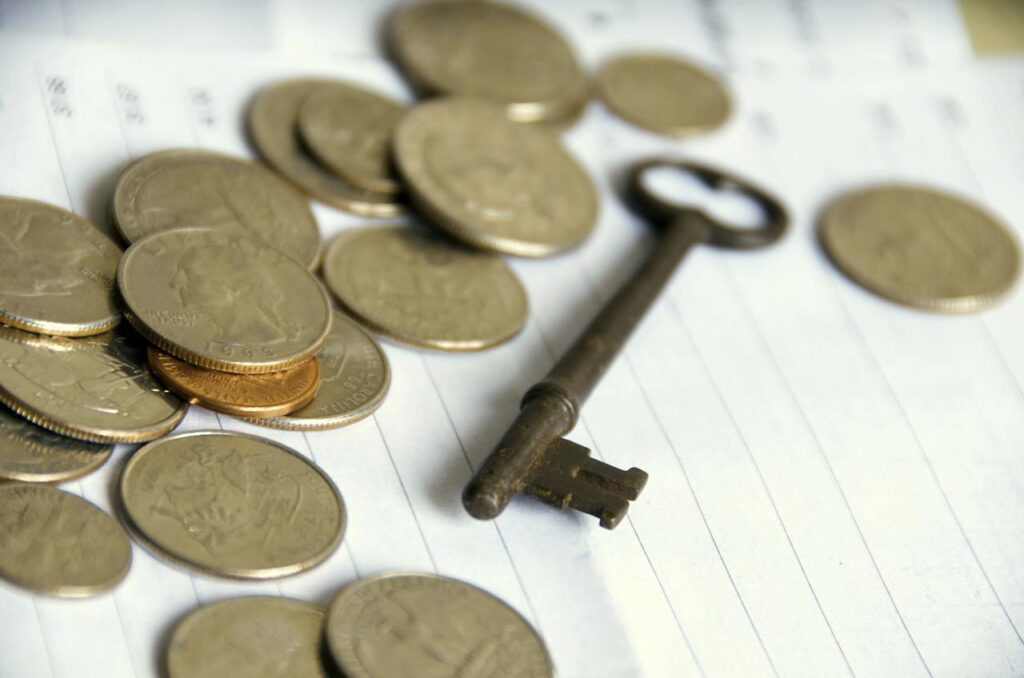
Discovering a rare coin in your collection is akin to finding a hidden gem. It’s not just about the monetary value; it’s also the thrill of connecting with history through these small, yet significant artifacts.
Whether you’re a seasoned numismatist or just starting, knowing how to spot these rare pieces can greatly enhance your collecting experience. This guide will walk you through the steps and strategies to identify rare coins among your collection, explaining the tools you need and the details to look for.
Table of Contents
Rarity and Value
The journey to discovering rare coins, like the Palau coin, begins with an understanding of what makes a coin rare. Several factors contribute to a coin’s rarity including its mintage, age, historical significance, and condition.
A coin from a limited minting run, for example, may be rarer than one widely circulated. Additionally, coins that have historical errors or those from pivotal moments in history can also be considered rare.
Start with Some Research
The first step in identifying rare coins is to immerse yourself in research. Learn about the different periods of coinage, the mints that produced coins, and the characteristics of coins from different eras.
Books, online databases, and coin catalogs can provide detailed insights into what specific coins were made of, what they should look like, and how many were produced.

Source: fox40.com
Examine the Markings
Every coin has distinctive markings that can give clues to its identity and rarity. Start by examining the date of the coin. Older coins are generally more rare, especially those that predate modern minting techniques.
Look for mint marks, which can usually be found on the back of the coin near the bottom. These marks indicate where the coin was minted and can sometimes significantly impact the rarity and value of a coin.
Check for Errors
Minting errors can turn ordinary coins into coveted collectors’ items. These errors can include double stamping, misaligned designs, or incorrect metals used in minting. Error coins are often pulled from circulation once discovered, making any that remain in the public domain particularly rare and valuable.
Assess the Condition
The condition of a coin, often referred to as its grade, plays a crucial role in its value. Coin grading is a detailed process that evaluates a coin’s condition and quality. Grades range from Poor (PR) to Perfect Mint State (MS-70). Collectors prize coins in the higher grading categories because they are often more visually appealing and less handled.
Tools and Resources
To aid in your identification, several tools and resources can be helpful. A magnifying glass or a jeweler’s loupe can provide a closer look at small details that can distinguish a common coin from a rare variant.
Joining numismatic societies or online forums can provide access to a wealth of shared knowledge and experience.

Source: thesprucecrafts.com
Learn the Market
Understanding the coin market can provide insights into what collectors are currently finding valuable. Auction results, dealer prices, and numismatic publications can give you an idea of which coins are in demand and their potential market value.
Document Your Collection
Keeping detailed records of your collection can aid in identifying rare coins. Catalog each coin with notes on its date, origin, condition, and any other notable features. This documentation can be invaluable for insurance purposes, future sales, or even just for your personal management.







